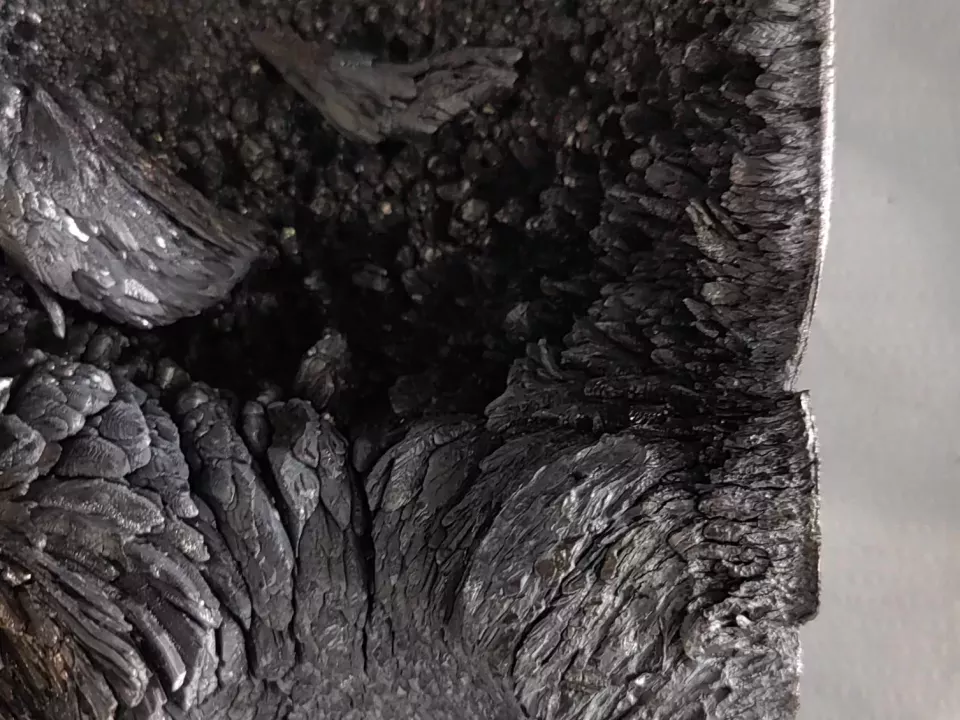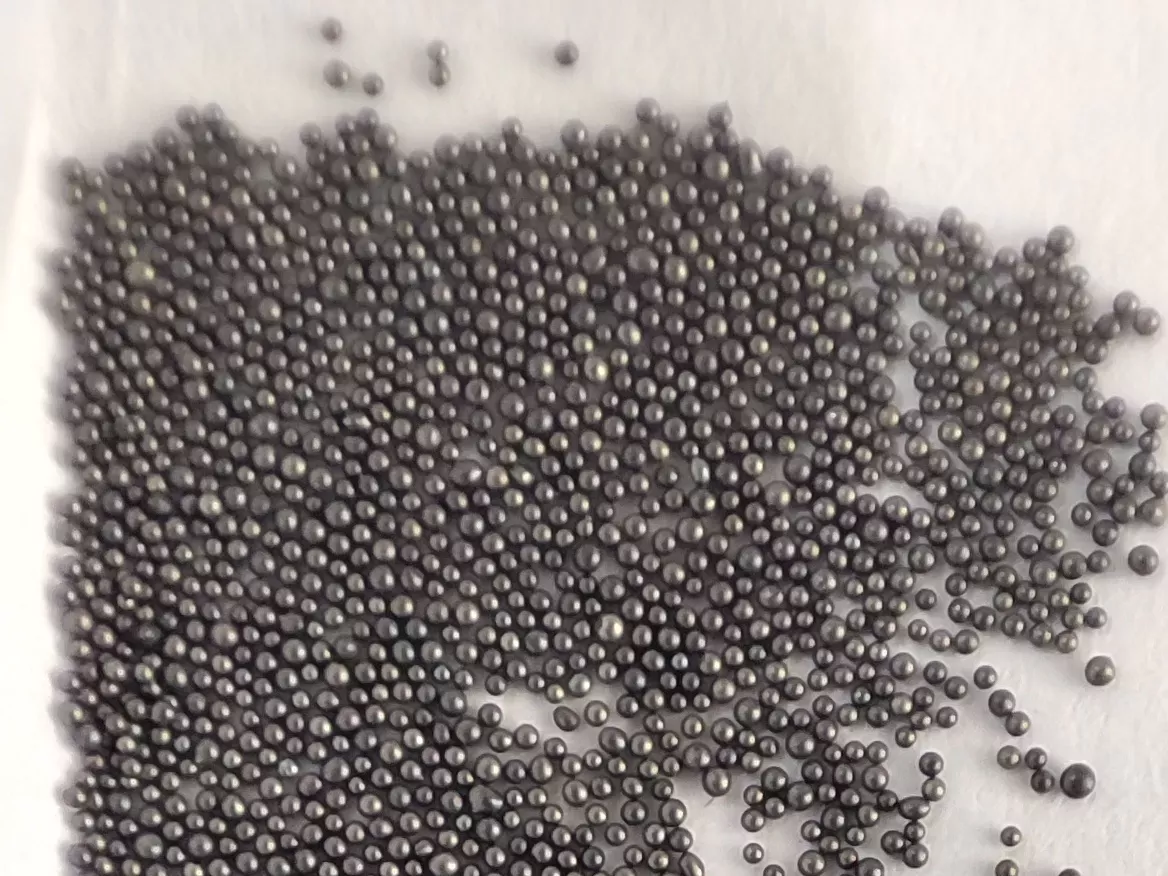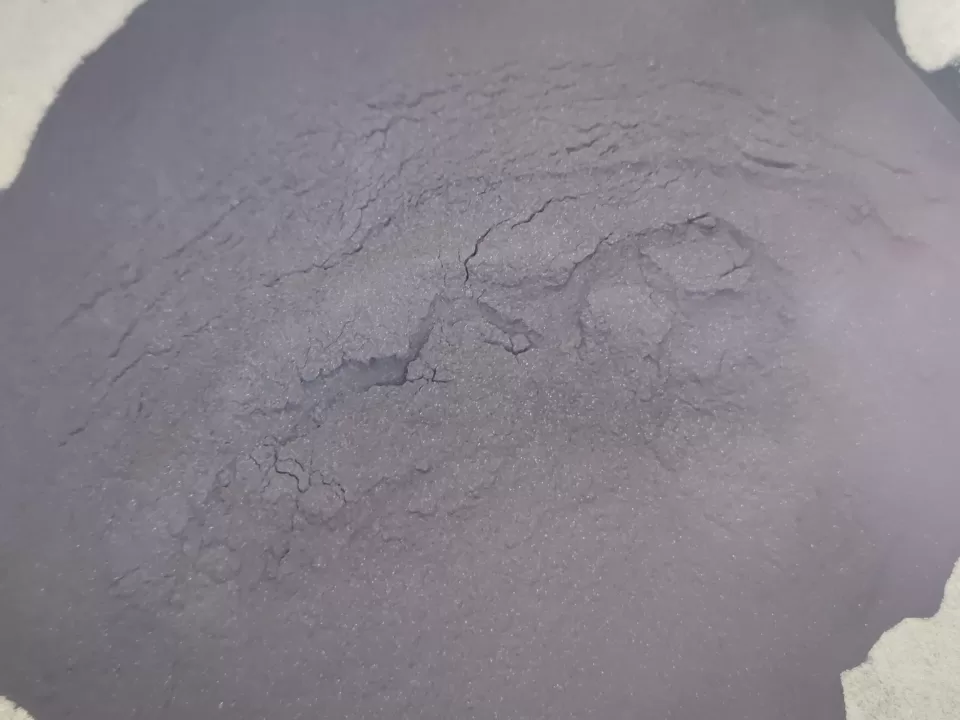Erbium metal, a silver-gray rare earth element, is widely used for its versatile properties in various technological fields. While it is stable in air, erbium will slowly react with water and moisture, making it necessary to store and handle it with care to avoid exposure to air, oxides, halogens, and acids. At high temperatures, erbium compounds with elements like halogens, oxides, nitrides, carbides, and silicon to form a range of valuable materials for advanced industrial processes.
Erbium is available in several forms, including foil, sheet, rod, wire, powder, and sputtering targets. Typically, erbium ingots are produced using the distillation method, which yields a higher purity of 99.9% REM. The resulting dendritic erbium pieces are ideal for use in high-precision applications. While erbium powder with purity of REM 99.9% and particle sizes of -100mesh and -200mesh is commonly employed for various technological uses. The metal is availale in different purities depending on the application, with the highest being 99.99%.



Erbium Metal
Purity: Er/REM 99.9% 3N
| CAS No.:7440-52-0 | EINECS No.:231-160-1 | Molecular Formula:Er | Molecular Weight:167.26 |
| Melting Point:1529℃ | Boiling Point:2864℃ | Density:9.062 |
Erbium’s unique properties make it essential for a variety of industrial applications, including nuclear reactors, advanced alloys, and electronic devices. In addition to its role in creating high-performance alloys, erbium is particularly valued in the telecommunications and medical sectors.
Applications
Erbium predominantly apply in the telecommunications industry, where erbium-doped fiber amplifiers (EDFA) play a critical role in optical networks. By doping small amounts of erbium ions into quartz fibers, these amplifiers significantly boost the signal strength in long-distance fiber-optic cables. It allows for faster and more efficient data transmission. The erbium-doped fibers are essential for the backbone of modern communication systems, including internet, telephone, and television networks.
In addition to telecommunications, erbium metal widely apply in the creation of advanced alloys. For example, erbium is commonly added to vanadium and titanium alloys, improving their strength, stability, and resistance to corrosion. These alloys work in a variety of applications, including aerospace, automotive, and military industries, where high-performance materials are required.
Another prominent application of erbium is in the field of lasers, particularly in medical lasers. Erbium works as a laser ion in materials such as monocrystals (fluoride and oxysalt) and fiberglass. For example, Er:YAP crystals and ZrF4-BaF2–LaF3-AlF3-NaF fiberglass get uses in medical treatments, such as laser surgeries and dermatological procedures. Erbium lasers with their precision and effectivenes make them an ideal choice for delicate medical applications.
Additionally, erbium increasingly get applications in photo-converting materials. Yb,Er:BaYF5,a combination of ytterbium and erbium, can convert infrared light into visible light. This technology has worked in night-vision systems, allowing for improved visibility in low-light conditions. The development of erbium-based photo-converting materials has opened up new possibilities in fields such as security, military applications, and advanced imaging technologies.
Erbium’s Role in Moder technology
Erbium’s importance is continually growing as new technologies emerge. From its critical role in fiber optic networks and advanced laser technologies to its use in specialized alloys and medical devices, erbium is a key element in the development of next-generation solutions. As industries push the boundaries of communication, medicine, and materials science, erbium metal will continue to play a vital role in advancing technology.
Erbium’s unique ability to enhance the performance of fiber optics, improve the strength of alloys, and serves as a laser dopant for various medical and industrial applications underscores its versatility and value. As demand for high-purity materials increases, erbium’s application in advanced research and development will continue to expand, offering solutions to some of the world’s most complex challenges.
Erbium metal is a high-purity rare earth element with a wide range of applications, from telecommunications and advanced alloys to medical lasers and photo-converting materials. Its unique properties make it indispensable in many high-tech industries. With its growing role in cutting-edge technologies, erbium continues to be a valuable asset in the global marketplace. At Zegen Advanced Materials, we offer erbium metal products in various forms, including, powder, ingots, and sputtering targets, all with high purity levels, ensuring reliable and efficient performance in critical applications.
